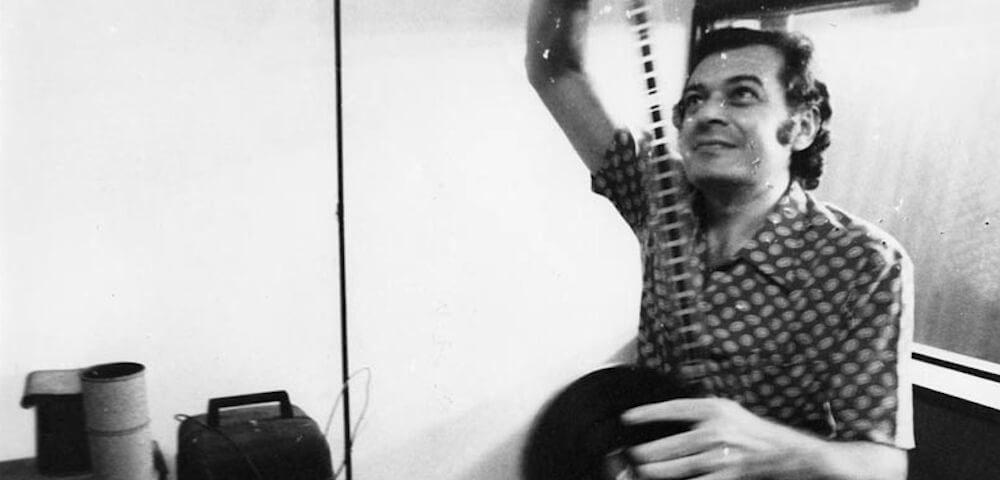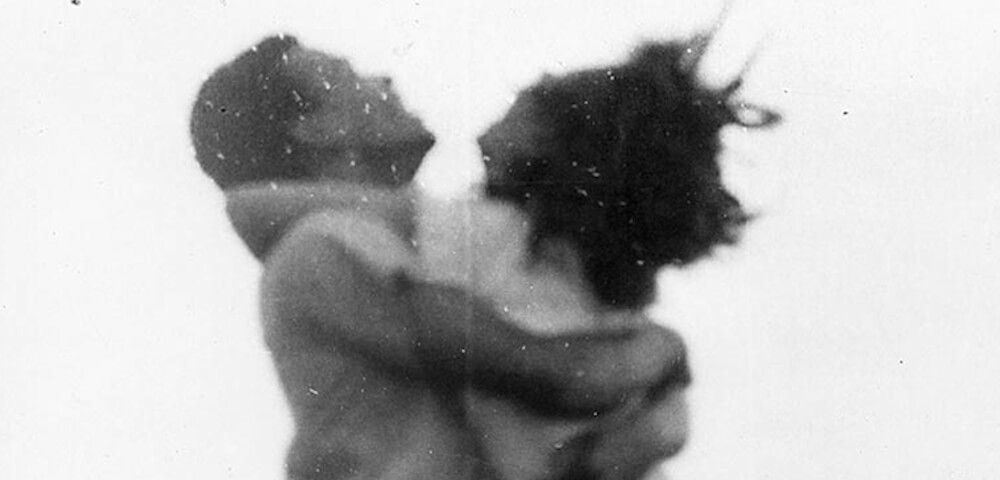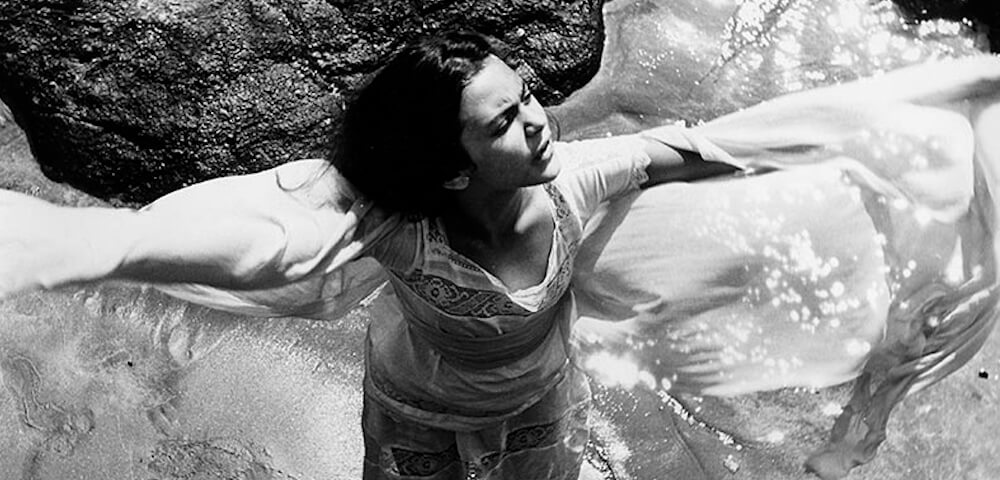
Following up Best of Spectacle’s A Noite Do Espantalho, this Rockuary, Spectacle Theater is proud to present “Fantasia Da Alegria: Two Films by Sergio Ricardo” (translation: Fantasy of Joy) which attempts to honor the great Brazilian composer and filmmaker whose films and musical compositions are integral to the history of both Bossa Nova & Cinema Novo.
João Lutfi, who began his career as an actor, changed his name to Sergio Ricardo to rebrand as a leading man while starring in hit Brazilian soap operas and variety shows. It was during this time that Ricardo befriended Jõao Gilberto, Tom Jobim, and other leading members of the Bossa Nova movement, which led to his involvement in the infamous 1962 Bossa Nova concert at Carnegie Hall.
That same year Ricardo directed his first short film (Edited by filmmaker Nelson Pereira dos Santos), which marked the beginning of his career as a social-political filmmaker. He used the cinema to further develop his ideas on the struggles of the working class while turning his camera towards the harsh realities of economic disparity.
In 1965 he directed his first feature film, the french new-wave inspired, ÊSSE MUDO E MEU, a tale which illustrates the strains of economic exploitation, while that same year he ignited his most fruitful collaboration with Cinema Novo director Glauber Rocha, where he was commissioned to compose the infamous score of BLACK GOD, WHITE DEVIL. Ricardo would continue to collaborate with Rocha again in the late 60’s composing music for Antônio Das Mortes in 1969 while also providing the score & and doing voice-over work for Glauber’s 1967 film, Terra em Trance.
In 1970, Sergio Ricardo directed his second feature, the lyrical JULIANA DO AMOR PERDIDO. JULIANA DO AMOR PERDIDO. further developed Ricardo’s great range as a filmmaker focusing on a remote religious community with a plot that resembles Glauber Rocha’s BARRAVENTO, another Best of Spectacle hit. Like BARRAVENTO, Ricardo’s film portrays religion as a powerful tool for maintaining social control, however JULIANA threads these ideas through the tragic love story of the forcefully sainted daughter and her chance encounter with the modern world vis-a-vis a mechanical train conductor who’s train passes through the remote and neglected island.
Special thanks to Maria Lutfi and William Plotnick.
ESSE MUNDO E MEU
Dir. Sérgio Ricardo, 1964
Brazil, 79 min.
In Portuguese with English subtitles.
MONDAY, FEBRUARY 6 – 10:00 PM
FRIDAY, FEBRUARY 17 – 10:00 PM
THURSDAY, FEBRUARY 23 – 7:30 PM
Photographed by renowned Cinema Novo cinematographer (/Sergio Ricardo’s brother) Dib Lutfi & edited by filmmaker Ruy Guerra, Ricardo’s debut feature blends aspects of Italian neorealism, French New Wave, and Cinema Novo as it studies in parallel the lives of two young men from Rio de Janeiro, one a shoeshine boy who is saving up money to buy a bike and win over a girl and & the other, a worker who fights for better working conditions as he tries to stop his wife from performing a risky abortion.
JULIANA DO AMOR PERDIDO
Dir. Sérgio Ricardo, 1969
Brazil, 92 min.
In Portuguese with English subtitles.
SATURDAY, FEBRUARY 4 – 5:00 PM
THURSDAY, FEBRUARY 9 – 7:30 PM
MONDAY, FEBRUARY 20 – 10:00 PM
Sergio Ricardo’s follow up film tracks a young woman who falls in love with an outsider until her father, a violent religious fanatic, interferes with their impassioned love affair. An ideal Anti-Valentines & Rockuary hybrid pick, the film’s musical compositions come from from the religious numbers set in opposition to the haunting mechanical sounds of the modern train.


